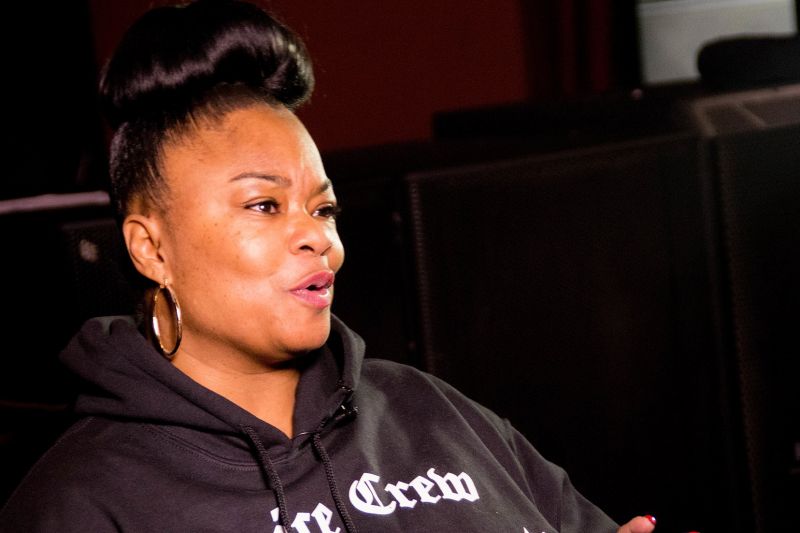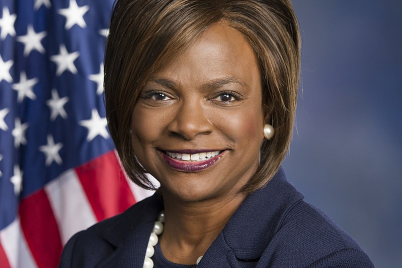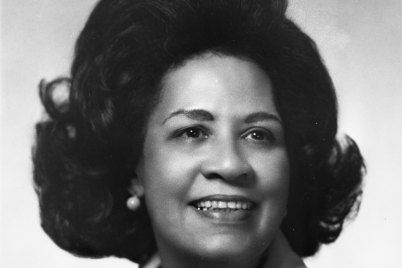Lolita Shanté Gooden, aka Roxanne Shanté [CC BY-SA 2.0]
BY KEISHA BELL | Visionary Brief
Remember when people would rap battle with wit and words? Typically, you would see this happen between people in the same age range, but for a girl-child to boldly stand in the spotlight showcasing her talent amongst men was commendable — to beat them turned heads.
Meet Lolita Shanté Gooden, aka Roxanne Shanté, a formidable rapper in the ‘80s and ‘90s and musician. She was born on Nov. 9, 1969, in Queens, N. Y. She was one of the first female emcees to become really popular. By the age of 25, she had retired from the music industry.
There is something special about being young. If not careful, life’s experiences can deprive you of fully embracing your unique skillsets. Even in environments that may not look ideal, keeping a protective support system within earshot may be the difference between inspiring a dream and extinguishing one.
Gooden started rapping at the early age of nine. By the time she was 14, she had changed her first name to Roxanne. The character “Roxanne Shanté” began as a result of a conversation she had with some friends outside of her housing project about the failed concert appearance of the rap group U.T.F.O.
At that time, U.T.F.O. had a well-liked song entitled “Roxanne, Roxanne.” It was about a woman who would not respond to the group’s advances. Gooden’s rap skills were well-known in Queens; after all, she was a member of a hip-hop collective called the “Juice Crew” that was known for producing answer tracks.
Hence, her response to U.T.F.O., entitled “Roxanne’s Revenge,” was not out-of-the-ordinary for the hip-hop culture. To the contrary, it was instantly well-received by the community. As a result, at the age of 14, Gooden’s popularity skyrocketed across the nation.
She was contracted to write “Roxanne’s Revenge,” which was recorded over the original beats from an instrumental version of “Roxanne, Roxanne.” The buzz that surrounded these two songs made them both hip-hop classics.
What followed became known as the “Roxanne Wars.” These were a series of answer records between hip-hop rivalries in the ‘80s.
For those who remember these fun rap battles, it was a clever way to determine who had better verses. Gooden’s case was unique in that she was an obvious child who battled adults. Many would agree that she frequently won.
Nevertheless, her creativity shined through her confidence and showed the hip-hop community that although young, she could battle with the best of them. Her support system also illustrated what was possible when talent is nurtured. They all gained recognition. There were no losers.
Rap battles continue today; however, male images initially come to mind when people think of rappers. S Gooden reminds us that she raps, too.









